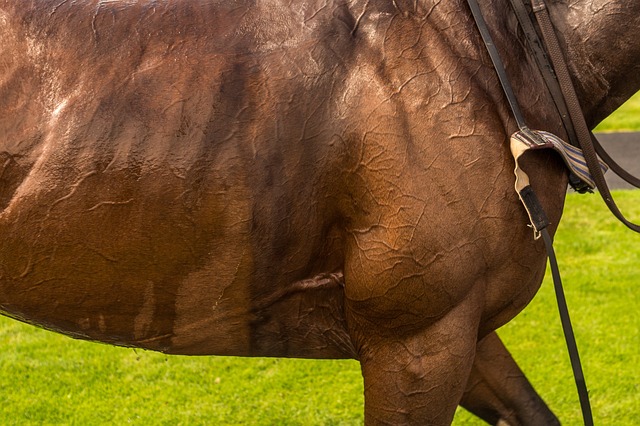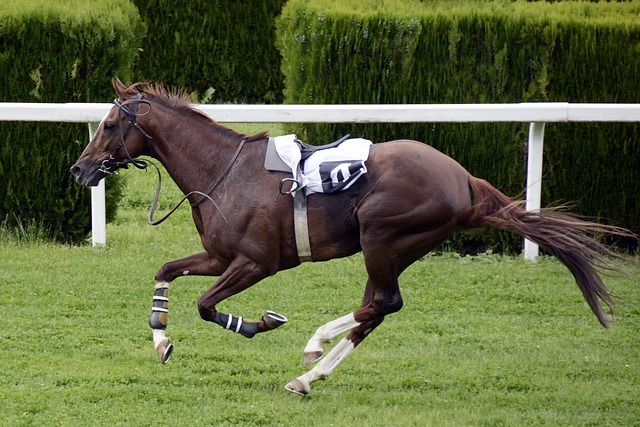Horse race betting has a long and fascinating history that stretches back thousands of years. Over time, it has evolved from a pastime of ancient civilizations to a sophisticated global industry. Understanding the history of horse race betting provides insight into how this sport has captured the imagination of people worldwide, including those who use modern platforms like 22Bet to place their bets.
Ancient Origins

The origins of horse race betting can be traced back to ancient civilizations. The Greeks and Romans were among the first to organize horse races as a form of entertainment. Chariot races in particular were popular in ancient Rome, attracting large crowds and significant wagering. Betting on these races was a common practice, with spectators placing bets on their favorite charioteers and horses.
The Birth of Modern Horse Racing
The modern era of horse racing began in the 17th century in England. King Charles II, known as the “father of the English turf,” played a significant role in popularizing horse racing. He established the Newmarket Racecourse, which remains one of the most famous racecourses in the world. The introduction of thoroughbred horses, bred specifically for racing, revolutionized the sport.
By the 18th century, horse racing had become a well-established sport in England, with formal rules and regulations. The Jockey Club, founded in 1750, was created to govern the sport and ensure fair play. This period also saw the introduction of racecourses like Epsom and Ascot, which became iconic venues for horse racing.
Horse Racing in America

Horse racing was introduced to America by British settlers in the 17th century. The first recorded horse race in America took place in 1665 in Long Island, New York. As in England, horse racing quickly gained popularity in the colonies, leading to the establishment of numerous racecourses.
The 19th century saw the rise of organized horse racing in America. The Kentucky Derby, first run in 1875, became the premier horse racing event in the United States. The Preakness Stakes and the Belmont Stakes soon followed, completing the Triple Crown of American horse racing. Betting on these races became an integral part of the sport, attracting millions of fans and bettors.
Modern Horse Race Betting
The 20th century brought significant changes to horse race betting. The introduction of pari-mutuel betting systems allowed for more transparent and fair wagering. This system pools all bets together and pays out winners from the pool, minus a percentage taken by the track. Pari-mutuel betting quickly became the standard in many countries.
The history of horse race betting is rich and varied, reflecting the evolution of the sport over centuries. From the chariot races of ancient Rome to the sophisticated online platforms of today, horse race betting has remained a beloved pastime for many. As the industry continues to evolve, it is clear that the thrill of betting on horse races will continue to captivate fans around the world. Understanding this history allows us to appreciate the deep cultural and historical roots of horse racing and its enduring appeal.
